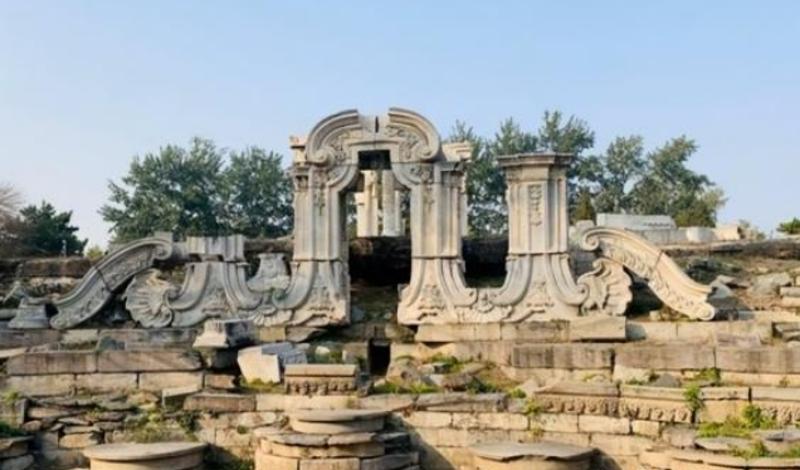Why did the British burn the Summer Palace?
Firstly, it's essential to clarify a misconception: it wasn't the British who burned down the Old Summer Palace, but rather the Anglo-French Allied Forces during the Second Opium War in 1860. Here's an analysis of the reasons behind this historical event:
I. Historical Background
In the mid-19th century, China was under the rule of the Qing Dynasty, which appeared increasingly closed and backward in its foreign relations. Meanwhile, Western countries were undergoing the Industrial Revolution and urgently needed to expand into new markets and resources. In this context, tensions and conflicts between China and the West escalated.

II. Political Factors
- Diplomatic Conflict:
In 1860, the Anglo-French Allied Forces clashed diplomatically with the Qing government. British envoy Harry Parkes and French envoy were arrested and mistreated by the Qing authorities. This incident outraged the British and French governments, leading them to decide on military action to retaliate against the Qing government.
- Retaliatory Action:
With the support of British Prime Minister Palmerston, Lord Elgin ordered the burning of the Old Summer Palace as retaliation for the Qing government's arrest and mistreatment of the envoys. This action aimed to send a clear message to the Qing government that any disrespect or provocation towards Western countries would face severe consequences.
III. Religious Disputes (While not a primary factor in this event, it's still worth mentioning)
Although the main cause of this event was not religious disputes, the religious differences and conflicts between China and the West were also a factor contributing to the tense relations between the two sides in the historical context. The Christian culture of Western countries clashed significantly with the Confucian and Buddhist cultures of China, exacerbating the conflict between the two sides.
IV. Environmental Factors (While this factor is not directly related to the burning of the Old Summer Palace, it influenced the overall background)
At that time, Chinese society was closed off, with limited understanding and contact with the outside world. This closed environment led to ignorance and misunderstandings by the Qing government about the external world, further exacerbating the conflict with Western countries.
In summary, the main reason for the British (in fact, the Anglo-French Allied Forces) burning down the Old Summer Palace was primarily due to political and diplomatic retaliation. This event was a microcosm of the conflicts and tensions between China and the West and reflected the closed and backward nature of Chinese society at the time. It's crucial to note that this analysis is based on the facts and context of historical events and does not represent bias or support for any party.
Furthermore, it's essential to emphasize once again that the Old Summer Palace was not burned down by the British. During the Boxer Rebellion in 1900, the Old Summer Palace suffered damage and looting, but the primary destruction was inflicted on the Old Summer Palace, not the Summer Palace. Both were imperial gardens of the Qing Dynasty but had different histories and fates.